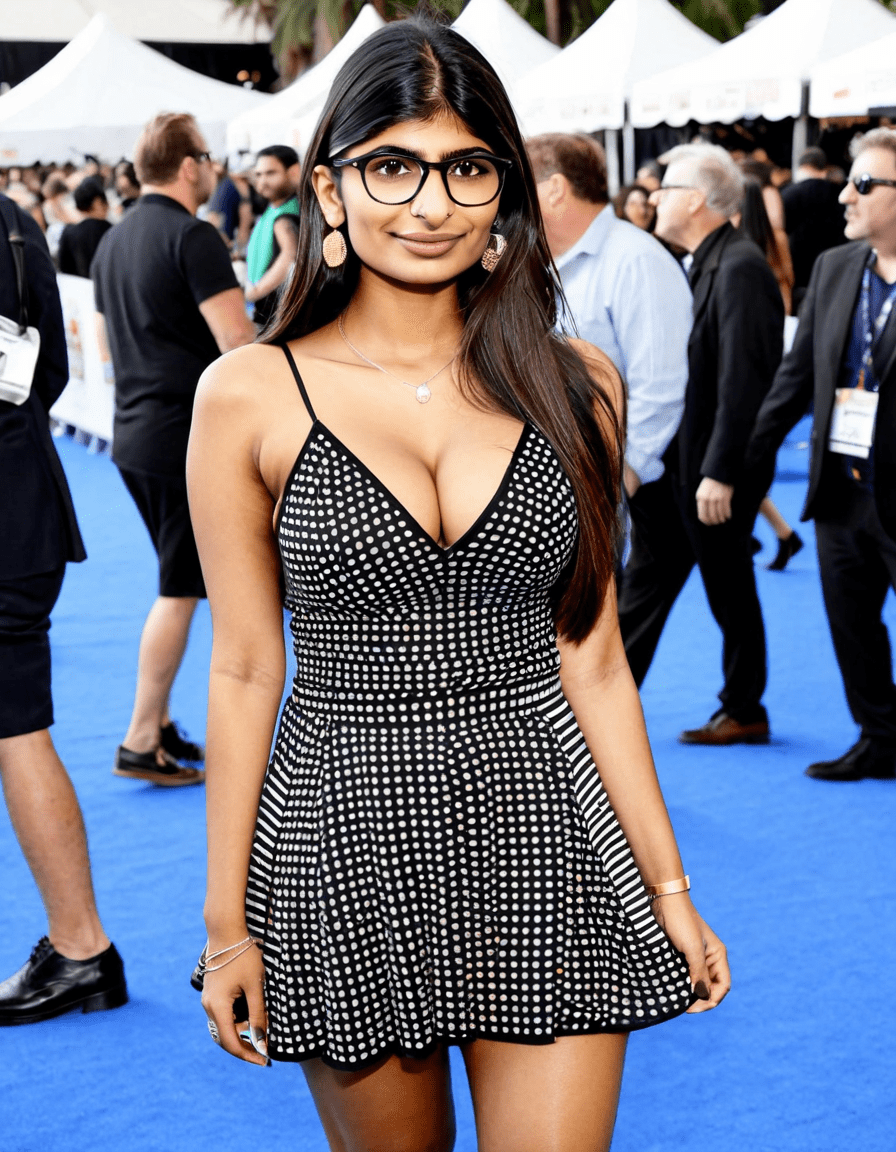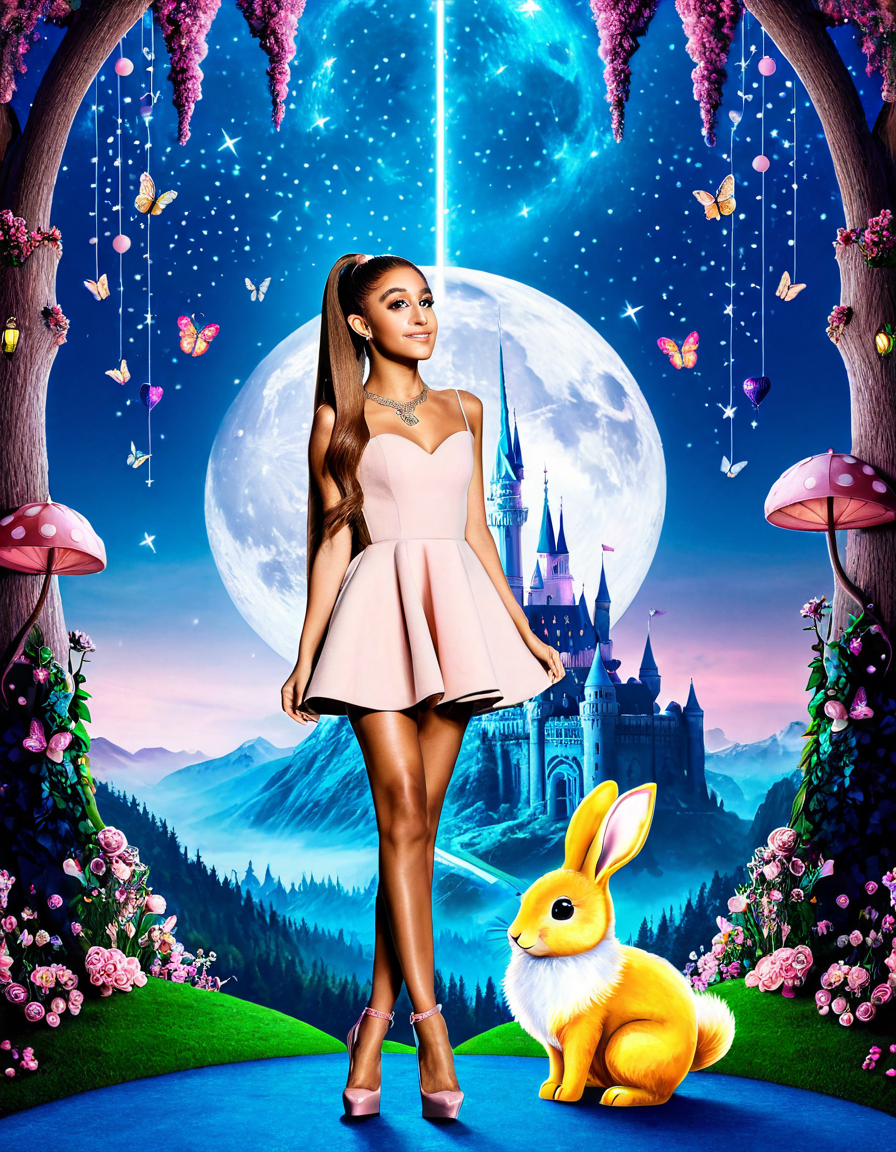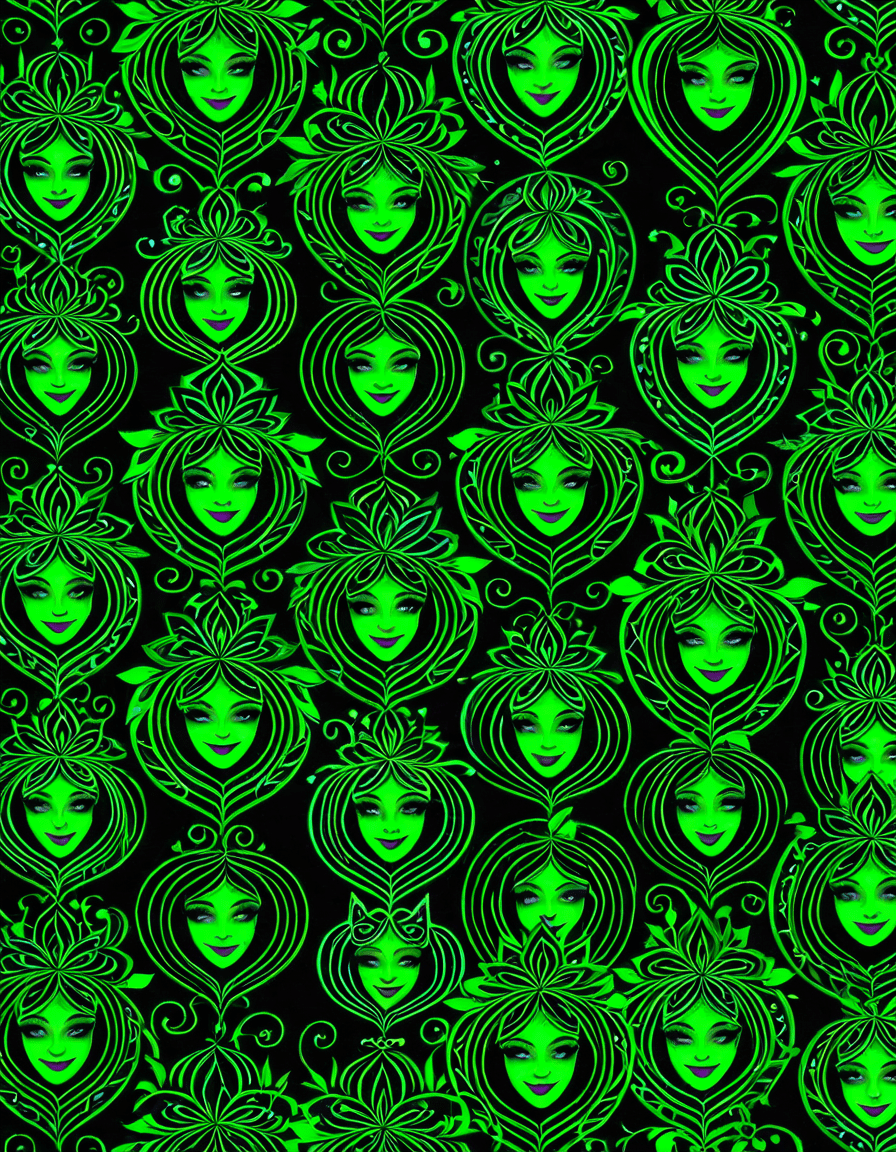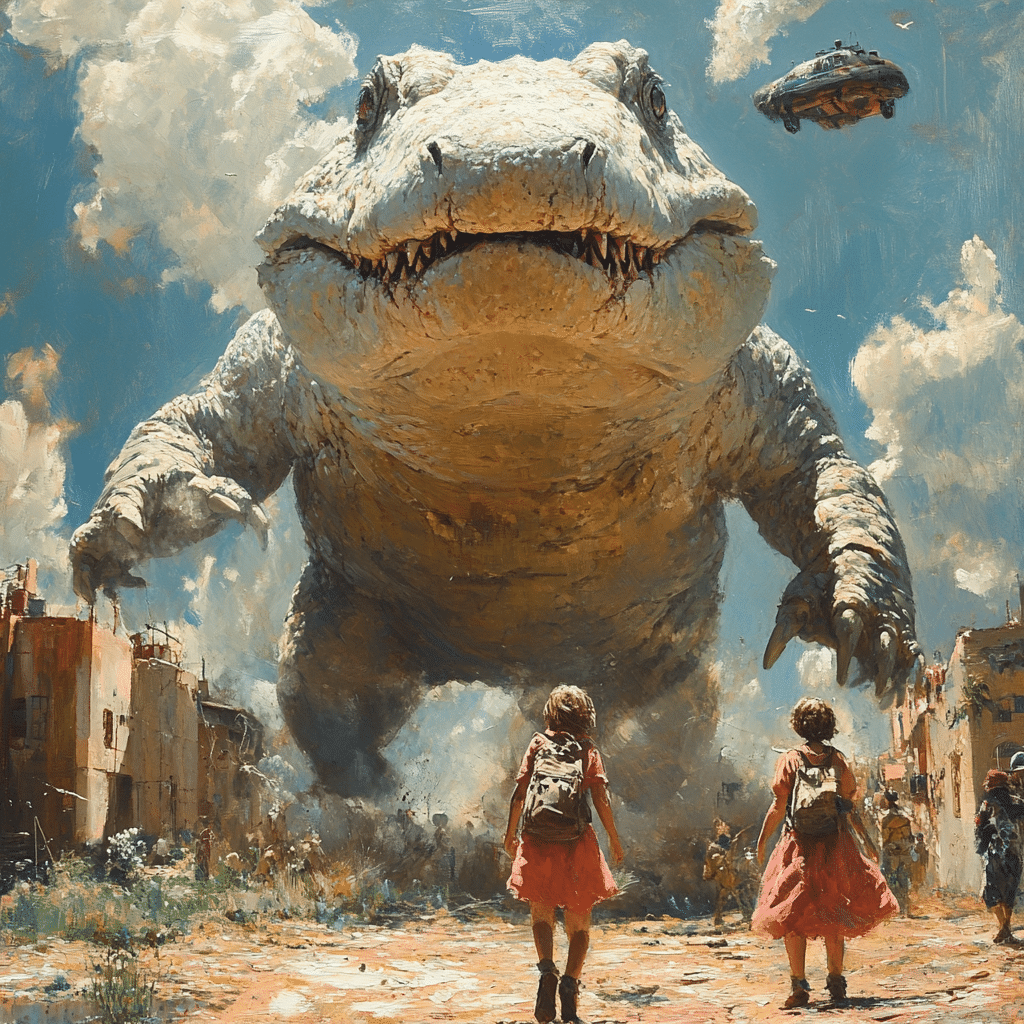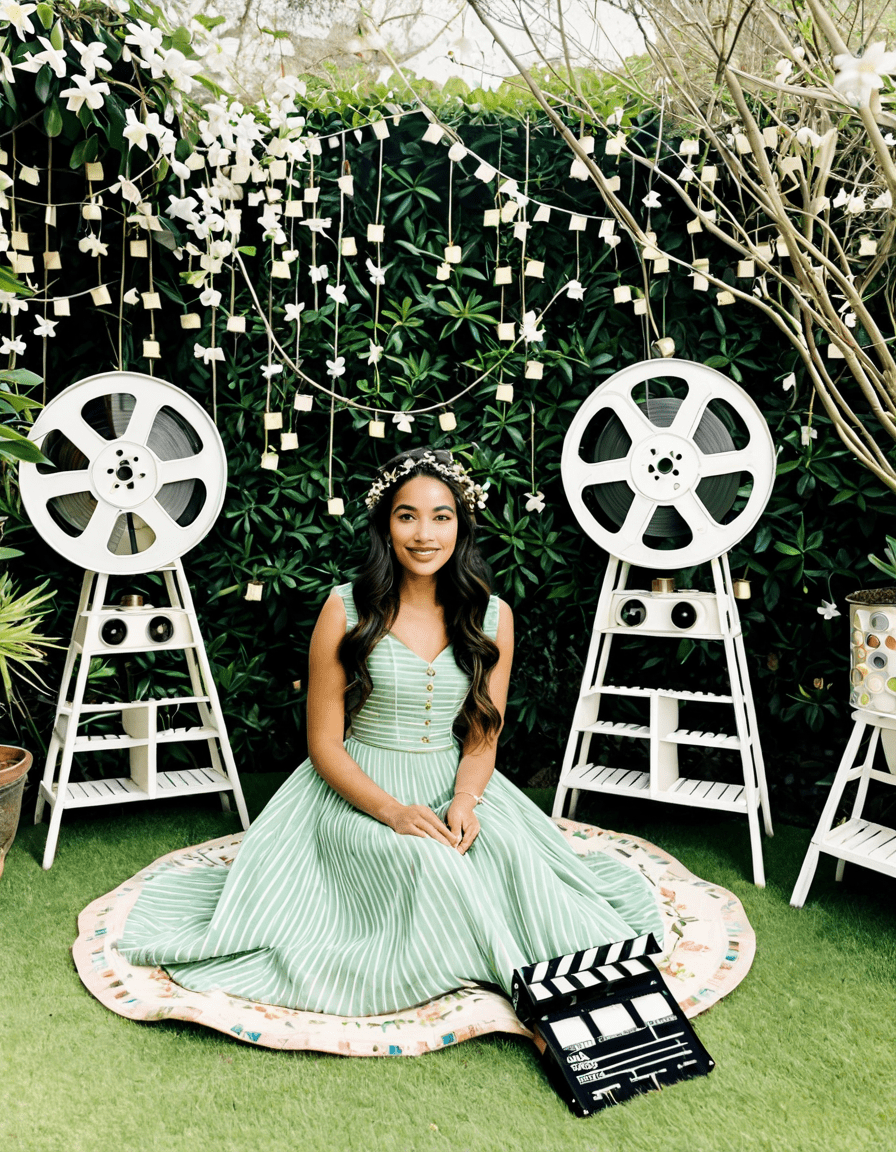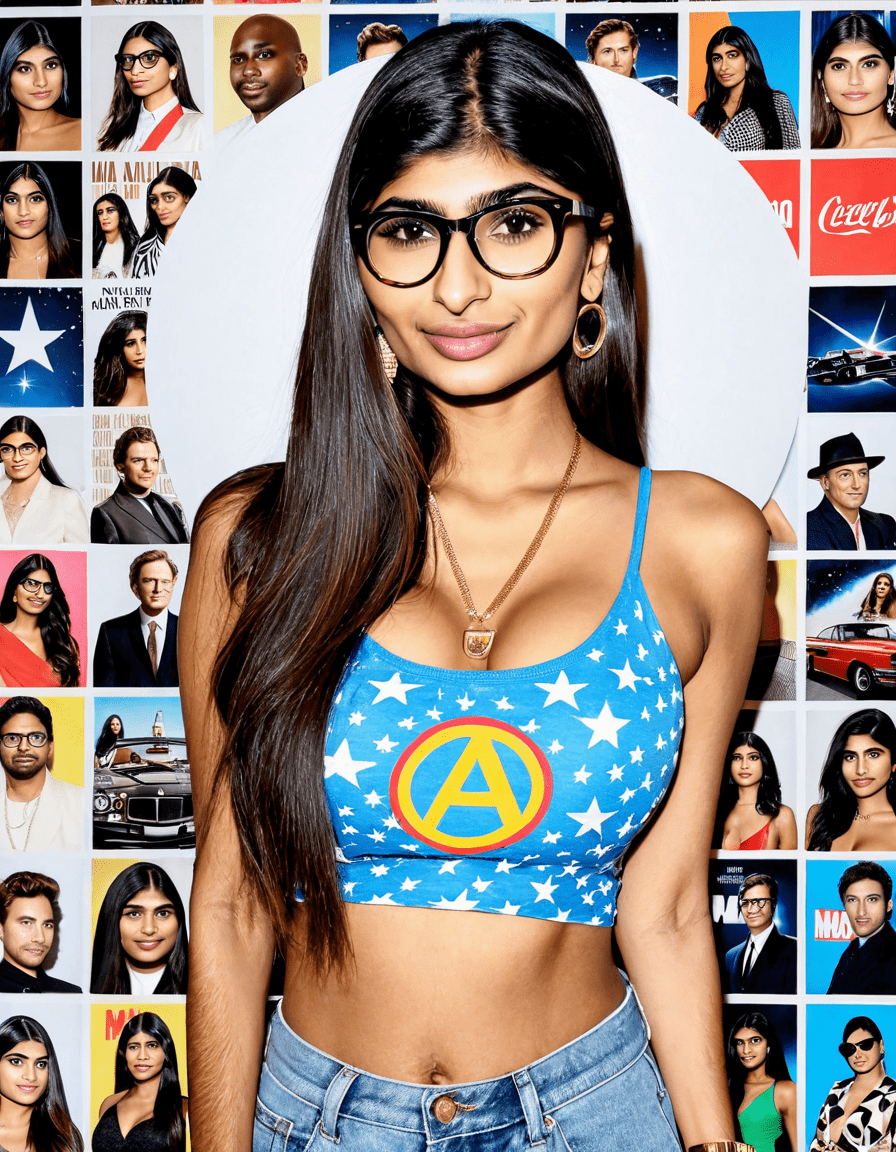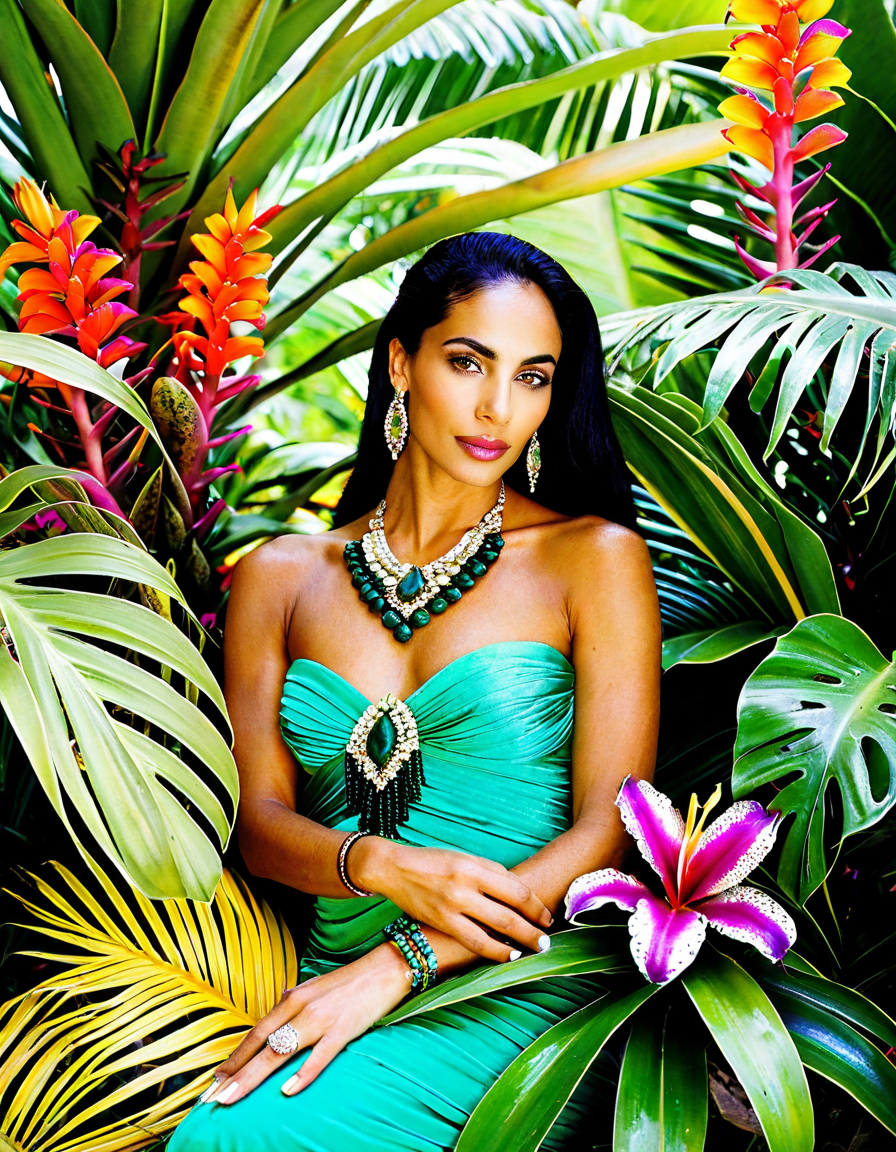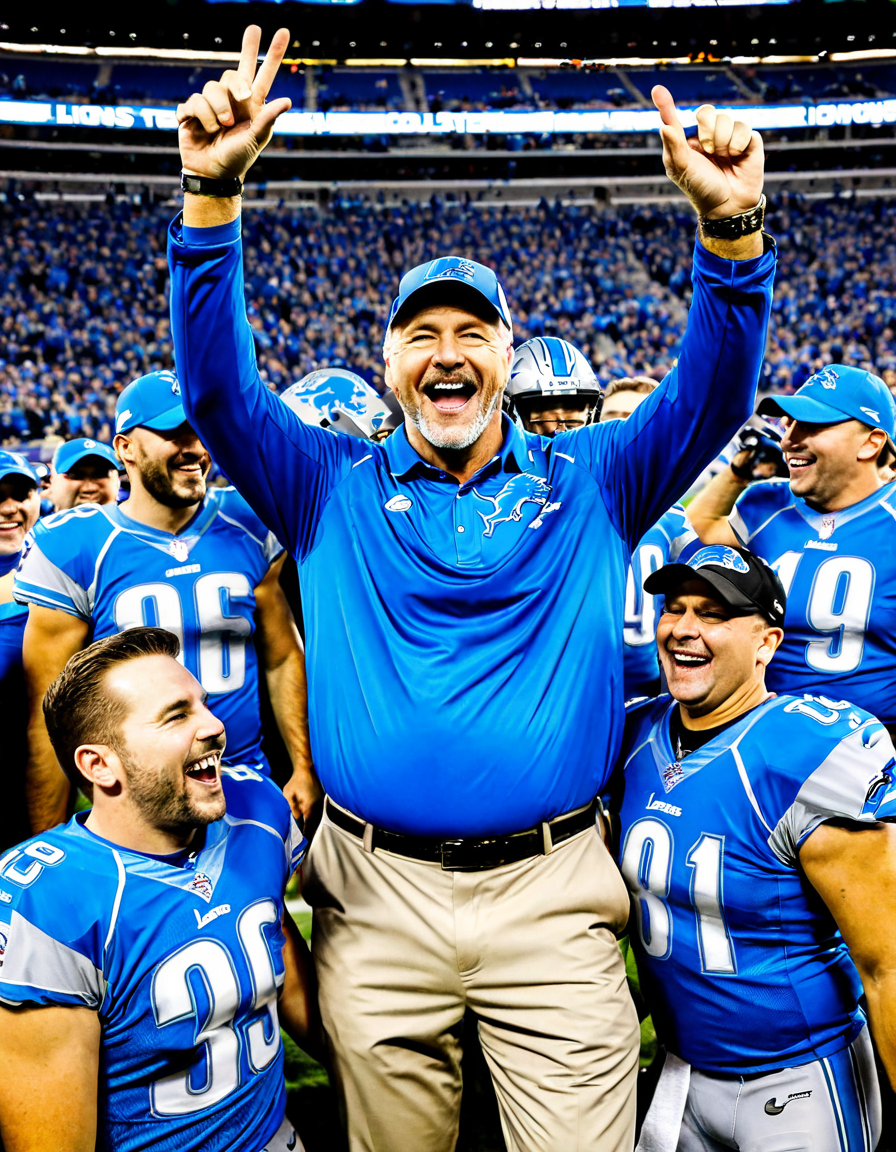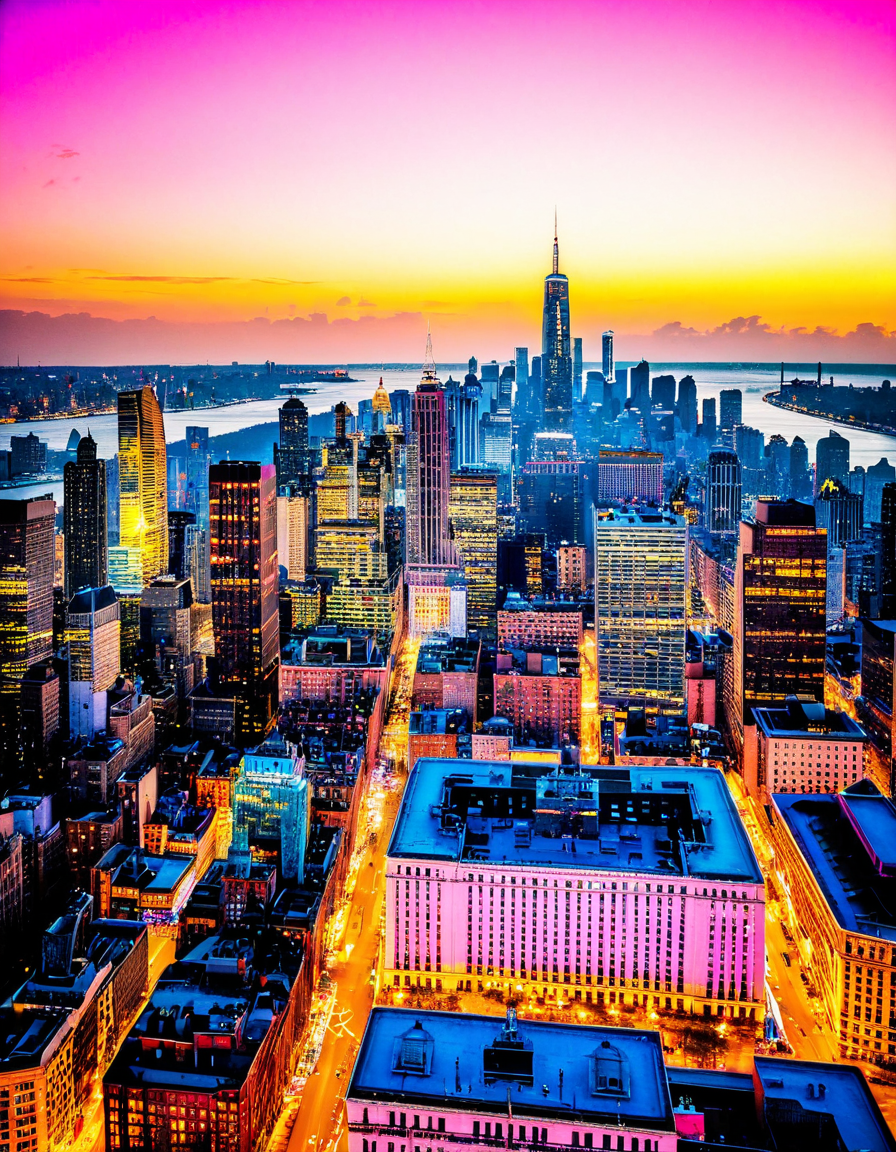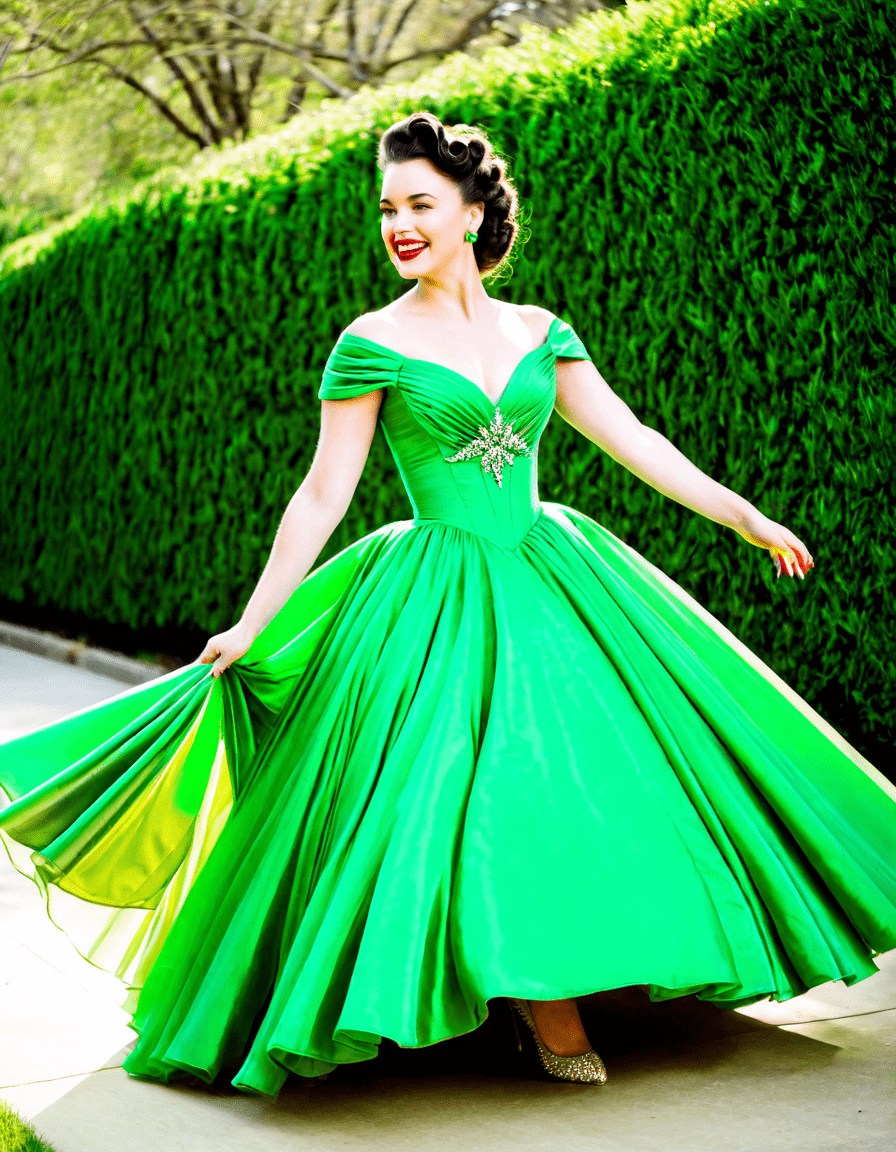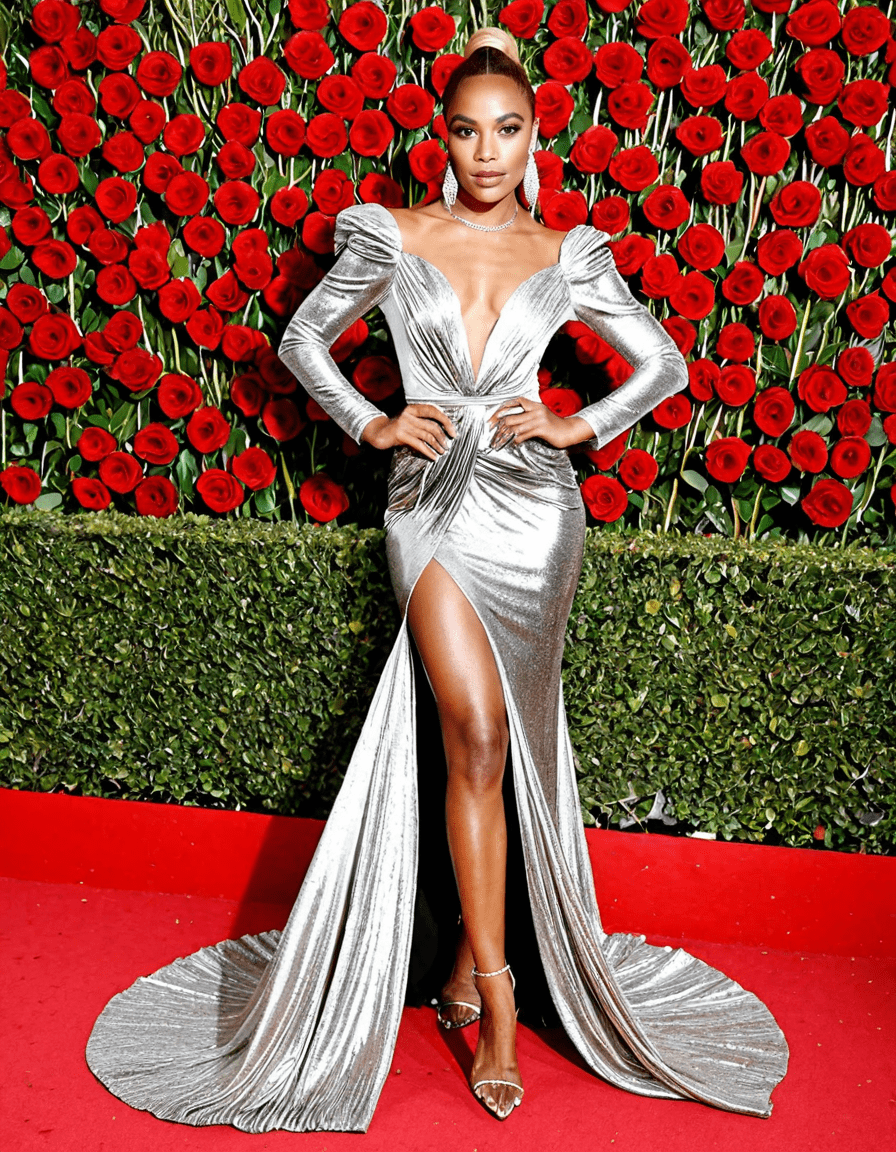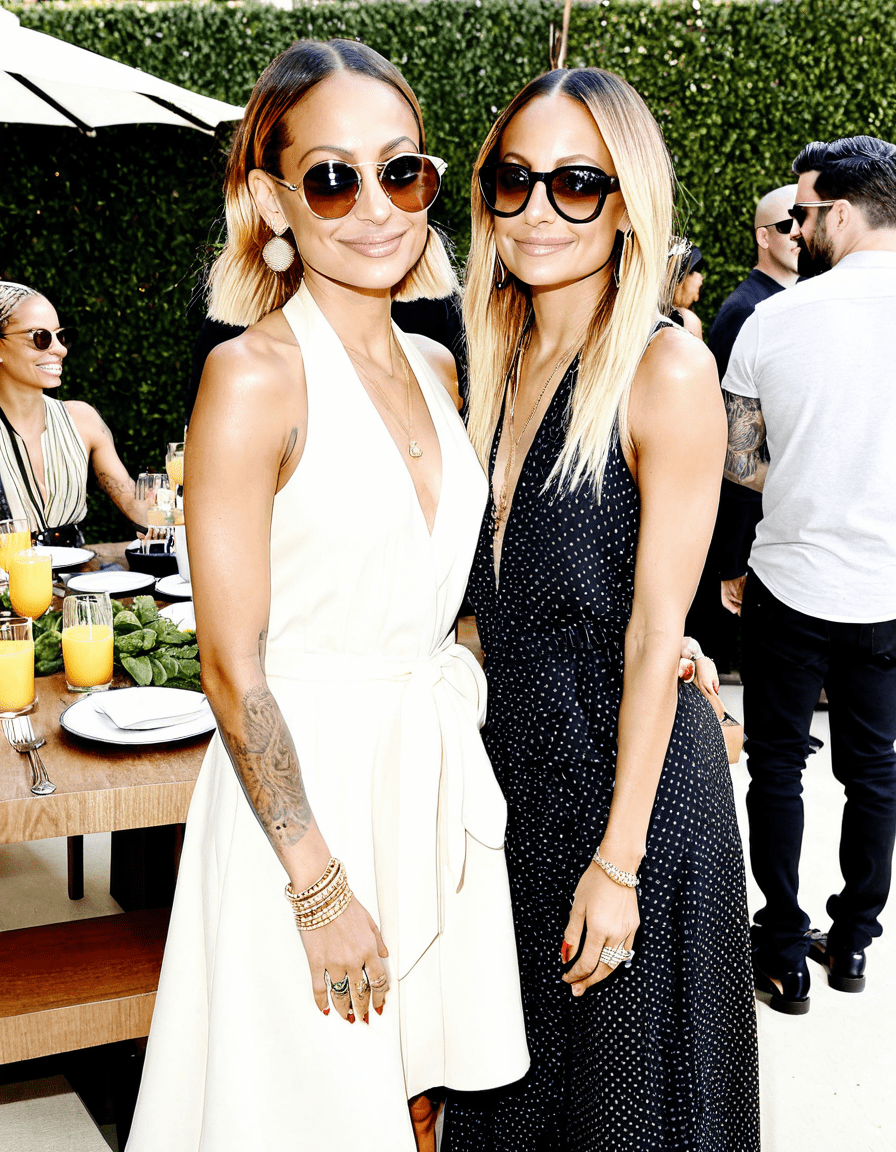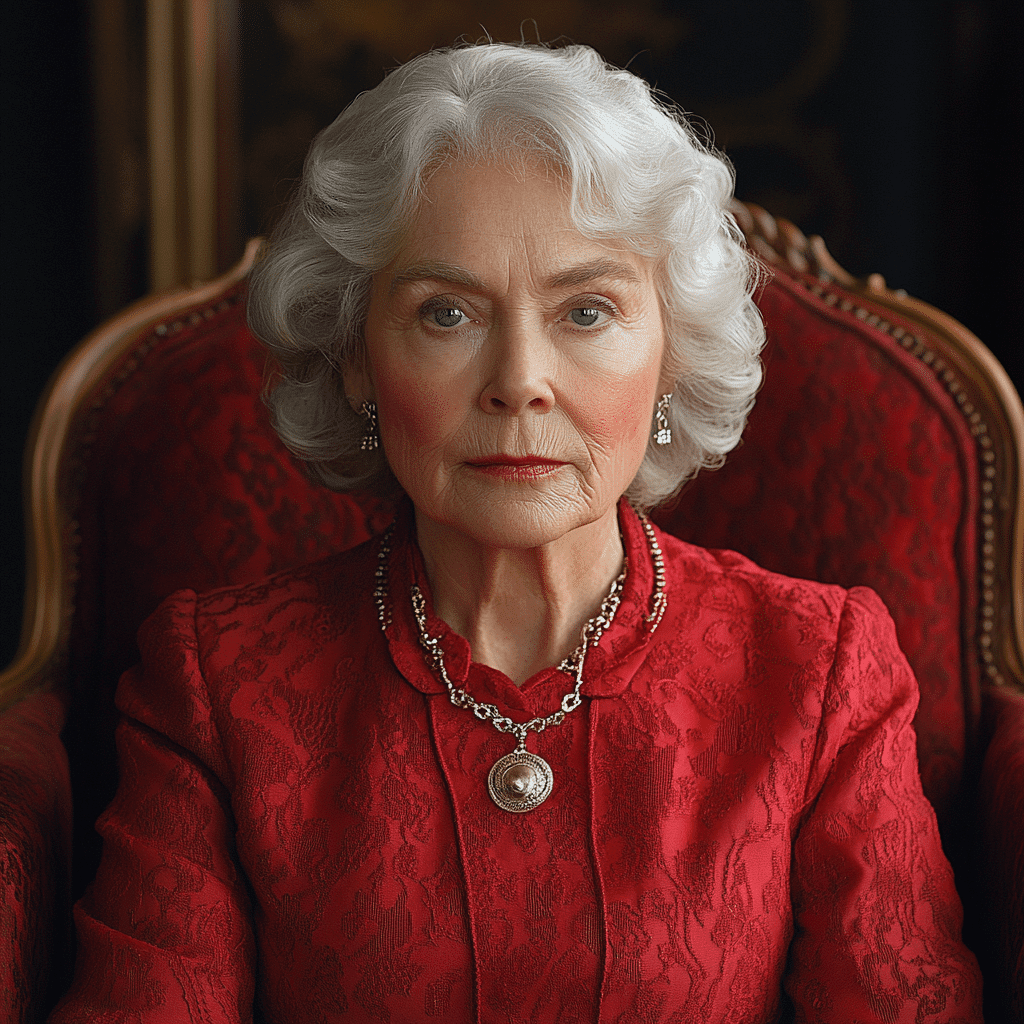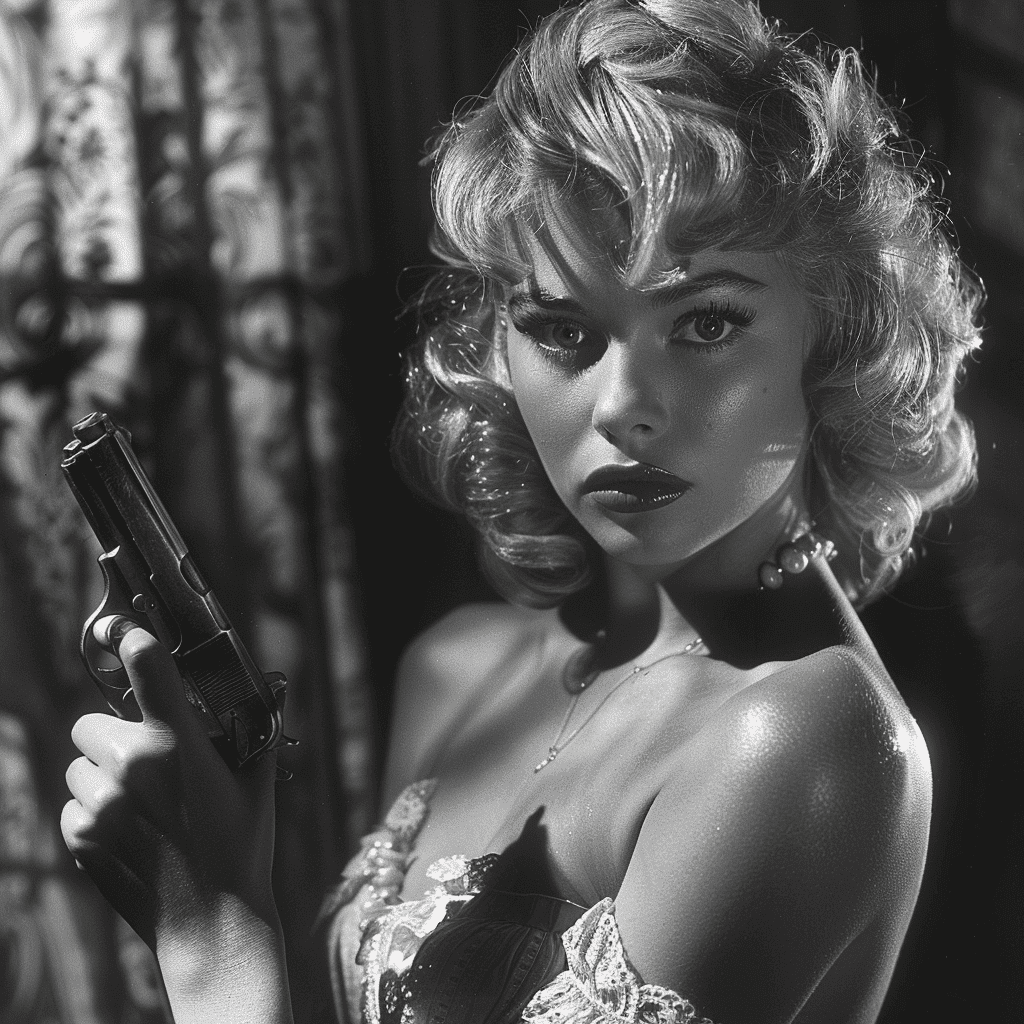Mia Khalifa is a name that’s become synonymous with controversy and conversation. The question “who is Mia Khalifa” prompts an intriguing narrative that digs deep into both the realms of adult entertainment and today’s complex societal dynamics. In 2014, just at the age of 21, Khalifa burst onto the adult film scene, quickly skyrocketing to fame. Within just three months, she became one of the most searched performers on adult websites. However, her brief career left lasting implications on her life and the ways women are perceived in the adult industry and beyond.
Born in 1993 in Lebanon, Khalifa moved to the United States in 2001, where she would initially work as a sports commentator and social media personality. Her brief foray into adult films soon turned into a whirlwind of regret and backlash, characterized by harassment and threats from various communities. Despite her short-lived stint in the adult sector, Khalifa’s impact and the conversations surrounding her identity have persisted, highlighting crucial discussions about women’s rights and representation in media.

Understanding Mia Khalifa’s Rise to Fame
Mia Khalifa captured the spotlight rapidly. Yet, as quick as she rose, she also faced intense scrutiny that put her under the media’s unforgiving microscope. The juxtaposition of her Lebanese heritage with a career in the adult film industry opened up discussions that resonated far and wide. People questioned her choices and explored the themes of cultural acceptance and autonomy, leading to deep-seated conversations about personal empowerment.
Khalifa’s entry into adult entertainment stirred controversy, particularly due to a scene where she wore a hijab. This act ignited fierce backlash, especially from communities in the Middle East, resulting in severe threats against her life. Such reactions highlighted the intersection of culture, feminism, and personal choice, raising questions about what representation and freedom of expression truly entail.
Despite her exit from adult films marked by regret, Khalifa has transformed her narrative. She shifted her focus—using her platform to advocate for others who face similar backlash. By addressing issues related to exploitation and the importance of consent, she encourages a redefinition of women’s narratives in the media. From her past troubles, Mia Khalifa has become a symbol of resilience shaped by struggle and endurance, sparking ongoing conversations about societal expectations in the modern age.
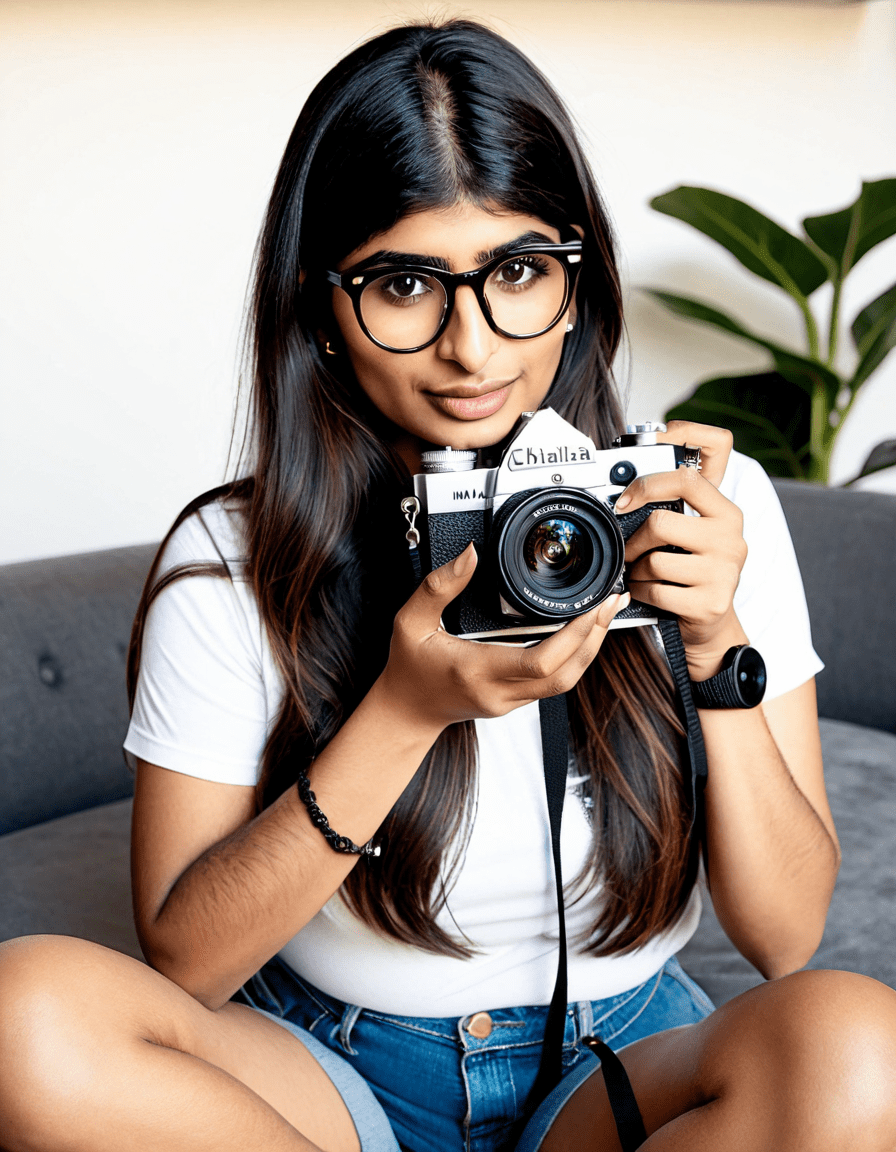
7 Reasons Why Mia Khalifa Remains Controversial
Khalifa’s background as a Lebanese-American led to significant uproar in her home country and across the Middle East. Her controversial scenes, especially the one involving a hijab, attracted threats from extremist groups, showcasing severe cultural fallout. This tumultuous blend amplified dialogues about representation and feminism in society.
Khalifa’s brief career in adult films witnessed her ascend to immense popularity. The mere fact that she was a big name for just three months raises pressing questions about viral fame today. Despite her departure from the industry, discussions about her continue, emphasizing the dramatic consequences of fame in the digital age.
After leaving adult films, Khalifa became an outspoken advocate for those wronged by similar circumstances. She sheds light on the darker aspects of the adult entertainment world, focusing on the significance of consent and personal agency. Defined by resiliency, she speaks on controlling one’s life and decisions, offering empowerment to many.
In today’s digital age, misinformation can define a person’s identity. Khalifa routinely combats the numerous false narratives surrounding her career, leading a campaign to reclaim her personal history. This constant battle against misrepresentation echoes the broader discourse on women’s autonomy in the media landscape.
Khalifa skillfully transitioned from adult films to sports commentary and social media influencing. This versatile journey adds depth to her persona, challenging traditional norms surrounding success. Pivoting careers illustrates the fluidity of identities in the ever-changing landscape of celebrity culture.
Khalifa has harnessed her experiences into a broader platform advocating for significant social change. By exposing systemic issues within the adult film industry, she engages in conversations about the hardships faced by performers, particularly women. Her efforts connect her history with pivotal discussions regarding gender equality online.
Together with millions of followers, Khalifa’s digital engagement across platforms continues to thrive. Her openness about mental health and relational dynamics resonates with a diverse audience, empowering them to challenge societal norms. Through her voice, she sparks conscious dialogue about crucial issues affecting many today.

The Parallels: How Does Khalifa Compare with Other Celebrity Figures?
Khalifa’s experience echoes those of other public figures in the entertainment space. Take Beyoncé, for instance, who stands at a notable height of 5’7″. Despite facing controversies, like those over cultural appropriation and empowerment, Beyoncé has utilized her platform to define her narrative. Similarly, Mia Khalifa channels her controversial moments into advocating for a broader understanding of identity, showcasing personal growth.
One can’t help but also think of Sophie Rain and assess how old is Sophie Rain as she navigates her journey around authenticity and personal empowerment. Both Khalifa and Rain demonstrate how public narratives shape their careers differently—from their choices to the acceptance of their pasts.
Notably, Khalifa’s attempts at reinvention evoke themes reminiscent of the film “Why Did I Get Married Too?”, a story that shines a light on forgiveness and life’s fresh starts. Like the characters in the film, Khalifa yearns to pivot from past decisions into a future focused on empowerment and positive impact.
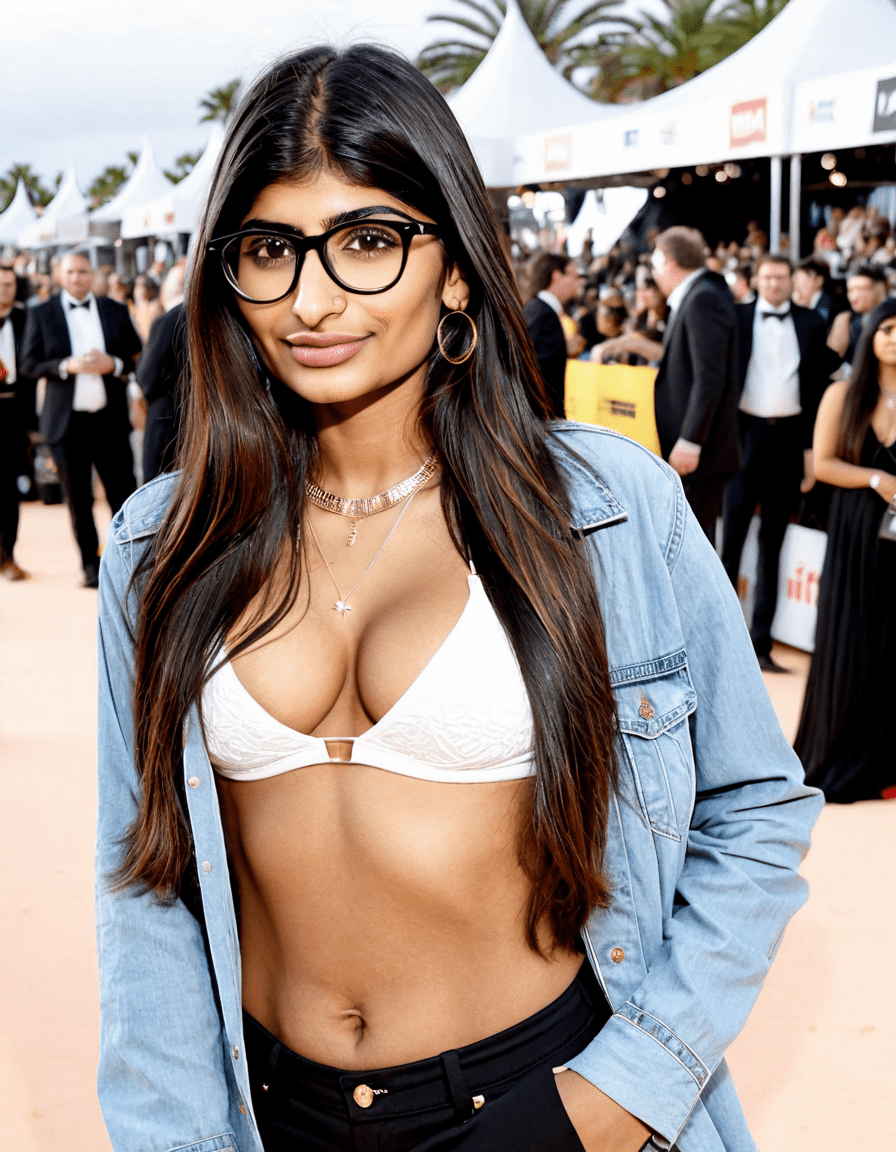
A Legacy Beyond Controversy
Mia Khalifa’s narrative is not confined merely to scandal; instead, it weaves through cultural significance, personal transformation, and societal critiques surrounding sexuality and fame. Her ability to convert personal challenges into broader conversations about women’s rights and personal agency signifies her lasting relevance.
Moreover, as Khalifa’s voice evolves within the social change landscape, her story remains vital. Discussions about consent, representation, and the adult film industry’s power dynamics continue to shape public consciousness. Balancing her cultural heritage with contemporary digital influences propels her beyond a controversial icon—she stands as a source of inspiration and a catalyst for change in our society.
In the lens of time, Khalifa’s lasting impact exceeds the narratives shackled to her past. Exploring her life offers insight into the glorious messiness of modern fame and the resilience of the human spirit. It’s crucial to acknowledge that her legacy transcends mere shock value, offering a rich tapestry of bravery, resilience, and a determined fight for empowerment in an often unkind world.
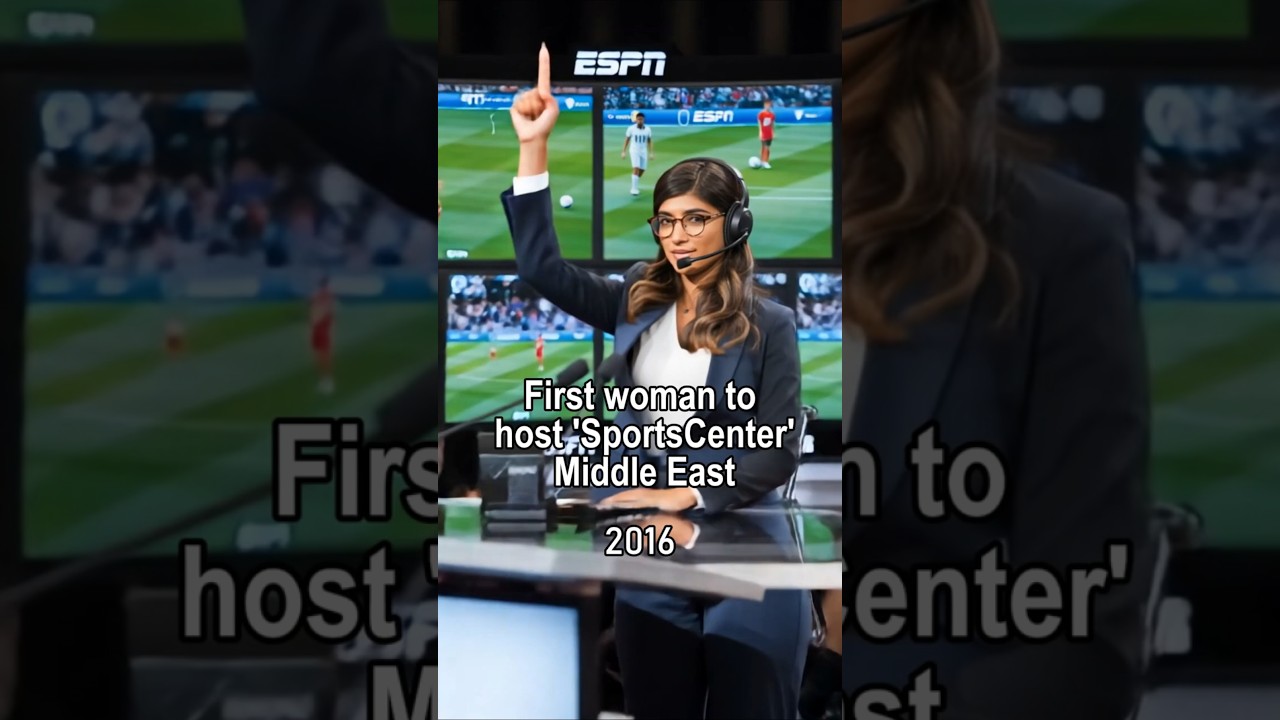
Who Is Mia Khalifa?
Mia Khalifa burst into the public eye in 2014 as a controversial adult film star. Although her career in adult entertainment lasted less than a year, it was enough to spark intense debates and make her a household name. The Lebanese-born influencer quickly transitioned from adult films to sports commentary and social media stardom, showing a knack for connecting with a diverse audience. Many were shocked to learn, much like fans of Glee discovering the original cast’s various paths after the show, that Khalifa would move far beyond her initial career tag.
The Backstory
Khalifa’s childhood had its quirks; she was born in Lebanon and later moved to the United States during the turmoil of the Syrian Civil War. This shift in her life mirrors the journeys of other stars, like Jon Snow actor Kit Harington, who also sought new beginnings. Khalifa garnered widespread fame—and backlash—thanks to a scene involving a hijab, igniting outrage particularly in the Middle East. It’s a reminder of how specific pop culture moments, akin to the hype for Usher’s Halftime Show guests, can create divisive conversations that transcend geographical boundaries.
A Shift in Identity
Drawing on her past, Khalifa openly critiques her time in adult films, mentioning how it affected her life long after she stepped away from the business. This is similar to others who’ve worked in entertainment and later adapted their public persona, reminiscent of the transition made by personalities like John McIntosh or even Koby from One Piece, who redefine themselves away from their origins. Interestingly, Khalifa has also encountered her share of memes and discussions related to her height, often bringing up questions like, How tall Is Ariana grande These relatable aspects add layers to her personality and show that even the most controversial figures have a human side.
In conclusion, understanding who Mia Khalifa is requires stepping beyond her past. She stands today as a powerful voice against the assumptions made about her, challenging stereotypes and advocating for personal growth. Moreover, her journey illuminates how people can evolve in the public eye—much like how movie formats have evolved from 70mm To Inches, creating a larger conversation about change and perspective in society.
